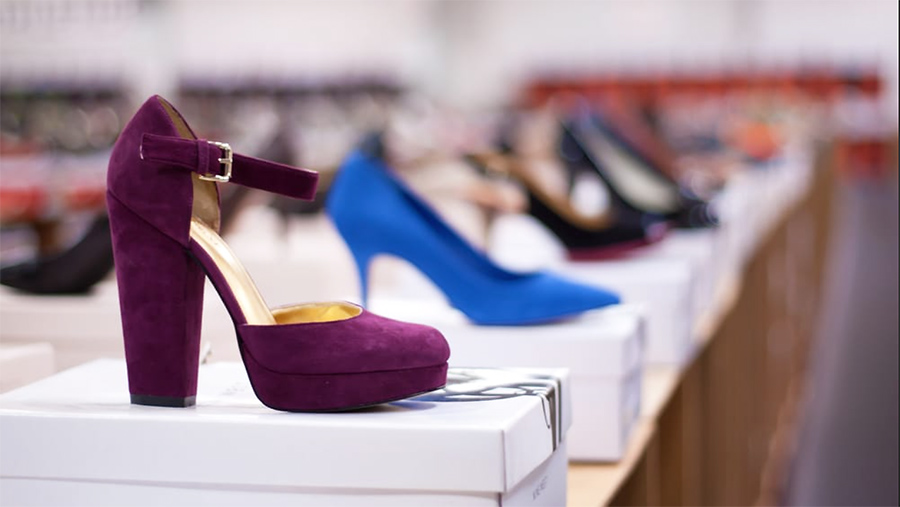Following pandemic-fueled volatility since 2020, U.S. footwear industry sales are expected to stabilize over the next three years, according to The NPD Group. This “slow and steady” storyline will play out across the major footwear categories as lines continue to blur across fashion, leisure and performance.
The latest Future of Footwear forecast by The NPD Group reports that the industry will grow sales revenue at a steady pace of one percent through 2025, with unit sales beginning to improve in 2024 as the pressure from average price increases eases. Consumers will look to maximize versatility with upcoming footwear purchases, as shoes for “casual everyday use” will top the reasons for purchasing in the first half of 2023.
“This will be a reset year for the footwear industry,” said Beth Goldstein, footwear and accessories analyst at NPD. “After three years of ups and downs, we expect sales and price trends to level as consumers settle into their now-familiar lifestyles and make strategic choices about their must-haves versus their nice-to-haves as they continue to grapple with macroeconomic pressures.”
The sport leisure category generated the highest sales in 2022, but fashion footwear was the biggest growth driver as the return to workplaces, events and other activities brought attention back to more formal footwear categories. “While the fashion footwear market will continue to benefit from these social behaviors in 2023, their impact will begin to level off, as the replenishment needs that propelled the category in 2022 will slow,” said Goldstein.
As consumers weigh priorities, the blurring of fashion and athletic footwear will continue to be part of the equation. Casual footwear, sneakers and athletic footwear are most likely to be considered necessities, compared to dress footwear, outdoor shoes and slippers, which are more likely to be viewed as non-essential.
“In a market projected to remain steady at the top-line level for the near term, the key growth opportunity for footwear brands in this environment will be taking market share,” said Goldstein. “Part of this strategy will involve keeping pace with the demands of consumers who have become more deliberate in their purchases. The other part will be navigating a channel landscape that is far from static.”














